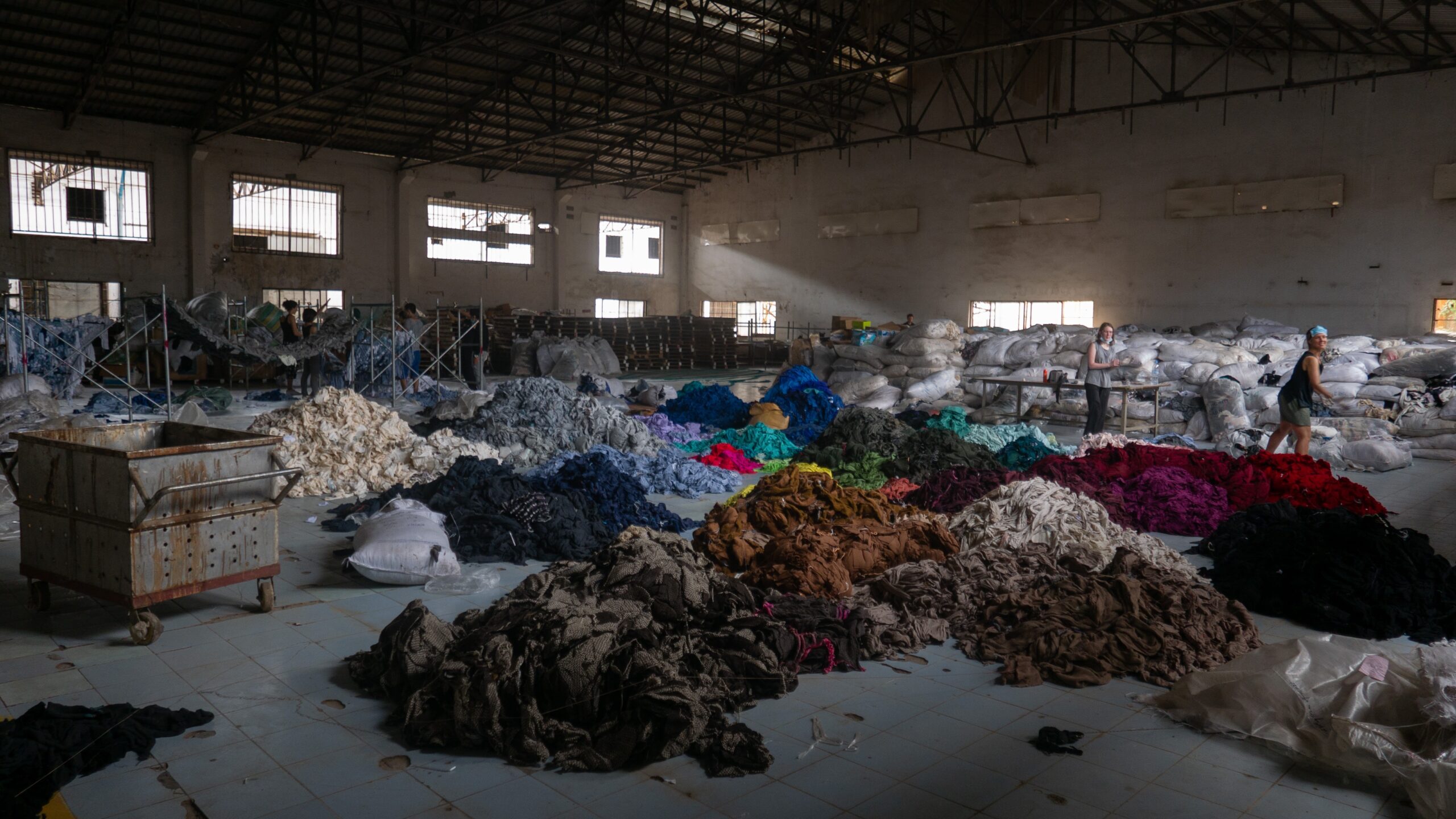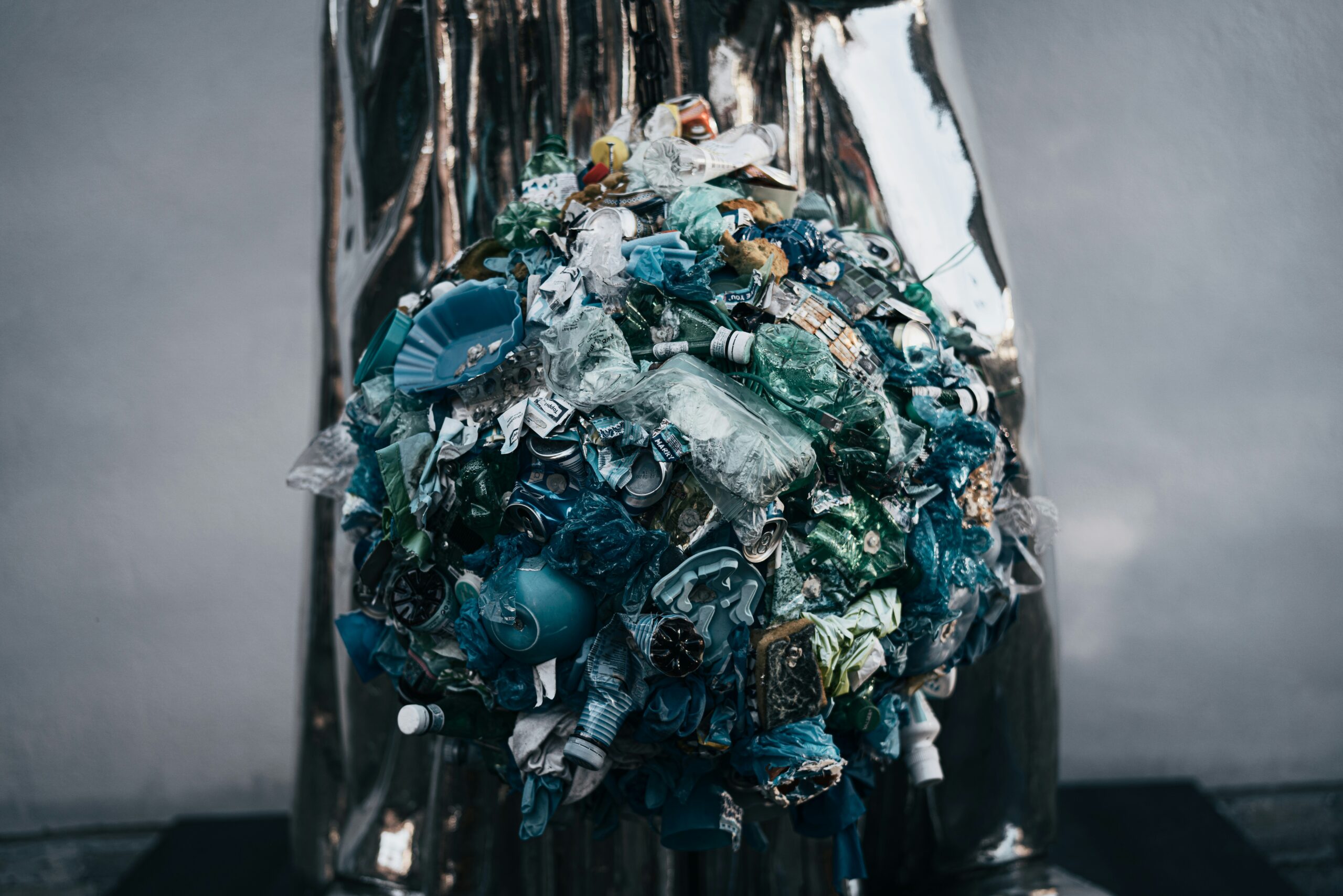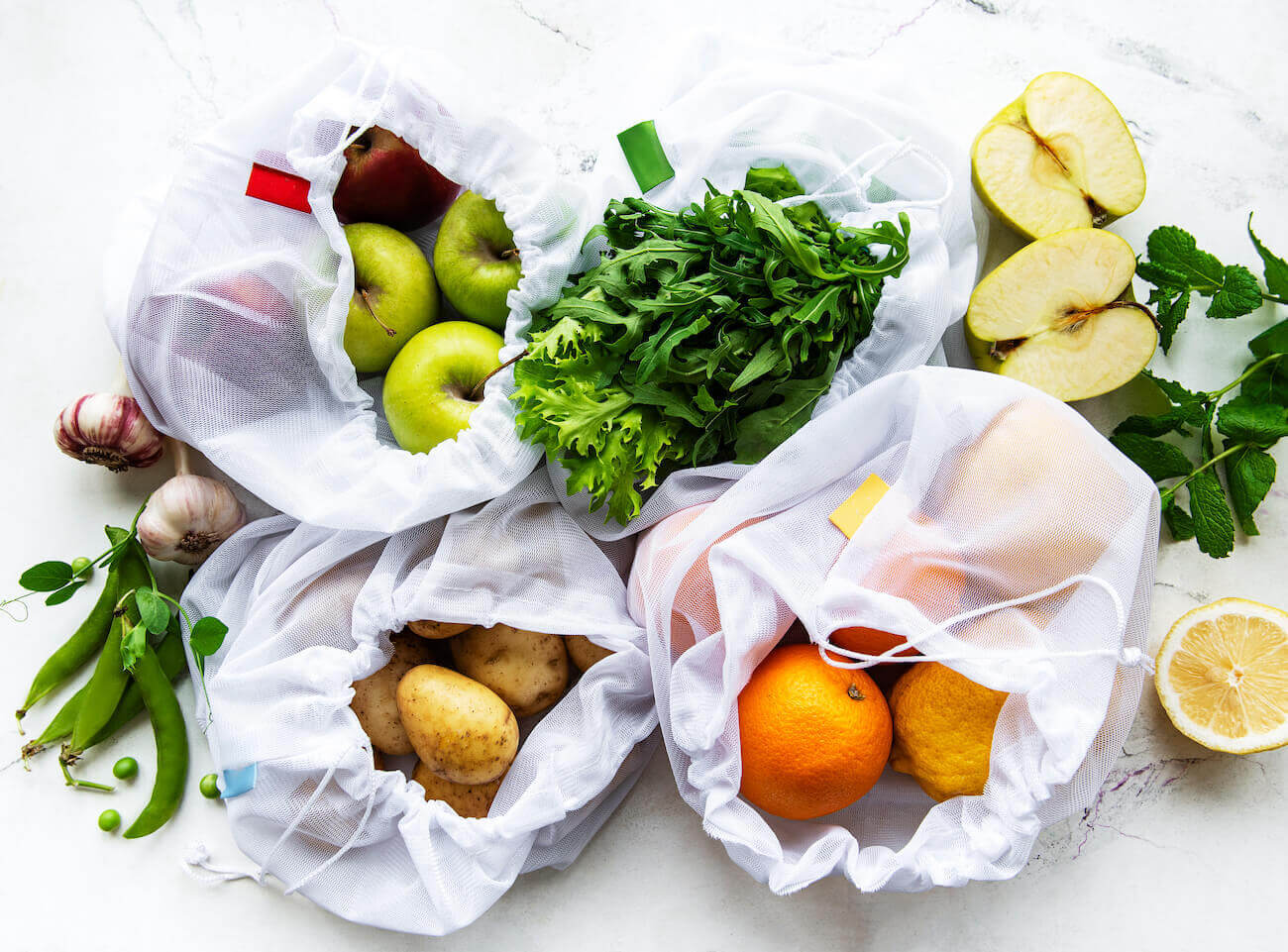Fast fashion is a term used to describe a type of clothing production that prioritizes speed and low cost, often at the expense of ethical and sustainable practices. The global fast fashion industry has been under scrutiny for many years due to its detrimental impact on the environment, as well as the social and economic welfare of workers. In the United Kingdom alone, consumers spend £27 billion on clothes annually, yet most of the money does not go to the workers who produce the clothes.
The fast-fashion business model involves moving production to the cheapest factories, which results in cutting corners on health and safety and slashing wages, leading to a race to the bottom. Cotton farmers often use harmful chemicals to increase their income, posing a threat to their health and the environment.
However, there is a way to make a positive change. Fairtrade Cotton Standard and Fairtrade Textile Standard are two initiatives that contribute to a more ethical and sustainable fashion industry.
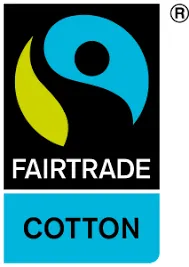
To elaborate further, The Fairtrade Cotton Standard is a set of guidelines that dictate the ethical and sustainable production of cotton. It is followed by smallholder cotton farmers in over 75 countries, and it prioritizes farmers’ health and safety by banning hazardous pesticides and not allowing the use of GMO seeds. Additionally, Fairtrade cotton is sold on fair trade terms, and farmers earn Fairtrade Premium on top of the price paid the previous year.
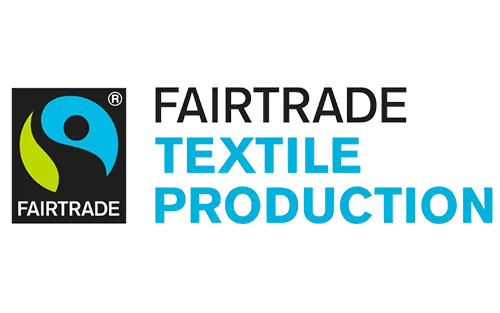
The Fairtrade Textile Standard, on the other hand, applies to operators employing hired workers in the textile supply chain processing Fairtrade certified cotton and/or other responsible fibers. It ensures that workers are treated fairly and are paid a living wage, and it prohibits the use of forced or child labor.
Those aforementioned standards support cotton farmers and workers in the clothing supply chain, bringing about better wages, working conditions, and environmental practices as well as sustainability, social responsibility, and ethical trade practices in the textile industry.
Many brands are already taking steps toward ethical and sustainable practices. For example, Patagonia, a popular outdoor clothing brand, has been using organic cotton for over 20 years and has a program to recycle used clothing. Everlane, a transparent clothing company, discloses the true cost of each item and shows customers exactly where their money goes.
In conclusion, the fast fashion industry has a significant impact on the environment, as well as the social and economic welfare of workers. The Fairtrade Cotton Standard and Fairtrade Textile Standard, along with the efforts of brands such as Patagonia and Everlane, can help create a more ethical and sustainable fashion industry. Consumers can also make a positive impact by buying Fairtrade cotton products and supporting transparent and sustainable clothing brands
Having those certifications as well as conducting fair trade in your business is excellent, but it will be unfortunate without a proper push to the consumer to let them know that they are purchasing ethical clothing. Gratitude can help. Gratitude enables businesses to become transparent by being powered by blockchain technology, with easy-to-use tools to record their supply chain, narrate the story, verify on blockchain and present the data in a beautiful landing page that can be issued via Gratitude’s QR Code or URL that can be placed on a physical product or embedded on digital marketing campaign. Customers can then simply scan the QR codes placed on the product or click the link on a digital campaign and clearly see the product’s journey, verify sustainability claims, or even company and brand stories that the company wants to reveal to the customer.
Begin your business’ true transparency journey by implementing Gratitude to unlock the hidden value of your supply chain data. Talk to our representatives via the following channels for support or assistance in implementation:
Website : https://more-gratitude.com
Twitter : https://www.twitter.com/more_gratitude
Linkedin : https://www.linkedin.com/company/more-gratitude
Instagram : https://www.instagram.com/more_gratitude/
Facebook : https://www.facebook.com/followgratitude
Medium : https://www.medium.com/@more_gratitude
Sign up to our exclusive newsletter for special offers and latest industry insight :
